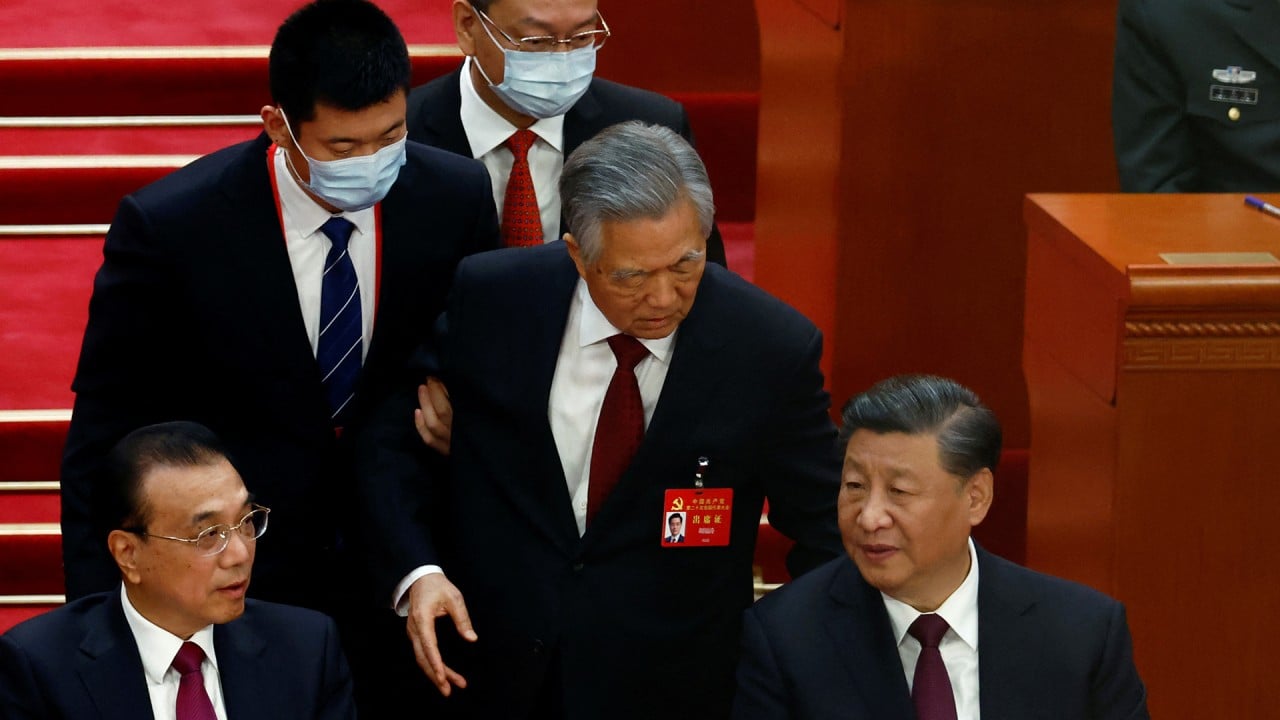
Xi Jinping ally Shi Taifeng to head Chinese Communist Party’s influence machine
- Politburo newcomer Shi tapped to advance party agenda at home and abroad as head of the United Front Work Department
- Shi tells staff that implementing ‘the spirit of the 20th party congress’ is now their main political task
In recent years, the United Front Work Department has been accused of conducting foreign influence campaigns targeting Chinese individuals and groups living outside of China, an accusation Beijing has denied.
In his speech, Shi stressed that studying and implementing the spirit of the 20th party congress, which ended last week, is now the department’s main political task, according to the department’s social media account.
Shi took over the role from You Quan, who is set to retire and never had a seat in the Politburo.
Shi was named president of the Chinese Academy of Social Sciences in May.
He held various positions at the Central Party School for nearly three decades, including head of the law department and vice-president, until 2010.
Between 2007 and 2010, Shi was also Xi’s deputy when the future president headed a cadre-training academy.
From 2010, Shi worked on provincial-level party committees, starting in the eastern province of Jiangsu, one of China’s richest industrial and commercial bases.
A year after Shi became party secretary of Inner Mongolia in 2019, Beijing rolled out an anti-corruption campaign that originally targeted the coal industry of northern China. The campaign was later expanded nationwide with investigations of cadres and officials that went as far back as two decades.
According to state media reports, under Shi, the campaign in Inner Mongolia led to the downfall of more than 60 senior local officials. Since 2020, some 789 corruption cases connected to the region’s coal industry have been investigated, involving 1,163 cadres and officials.
During his time as party boss of Inner Mongolia, Shi also directed that some school subjects be taught in Mandarin, China’s official language, instead of Mongolian.
Protests erupted in the region and neighbouring Mongolia against the change, with demonstrators saying it threatened indigenous culture. Shi later berated local officials for failing “to forge a strong sense of community for the Chinese nation”.


